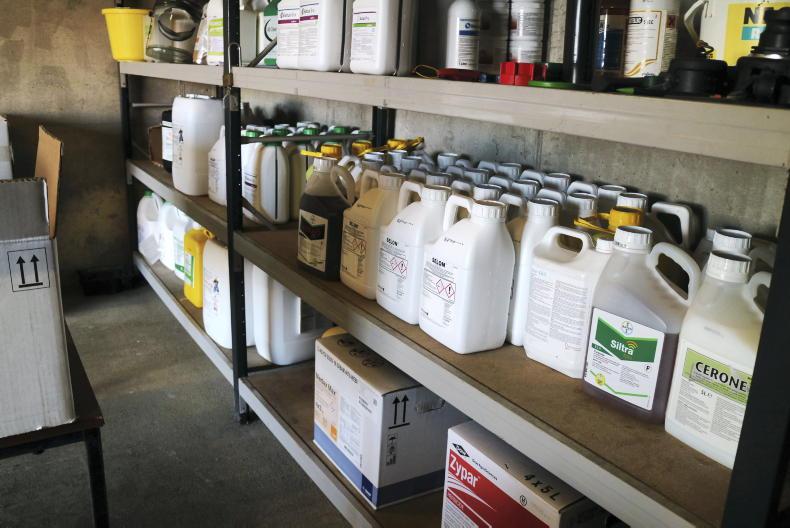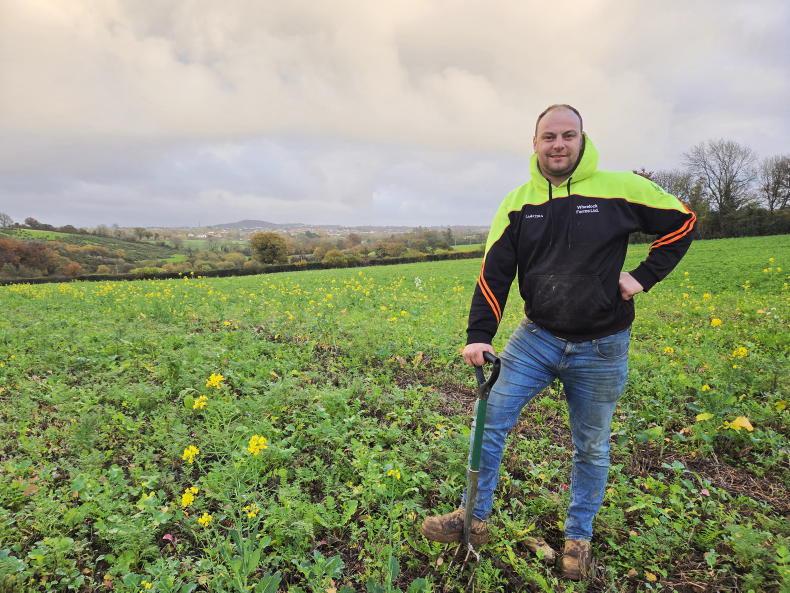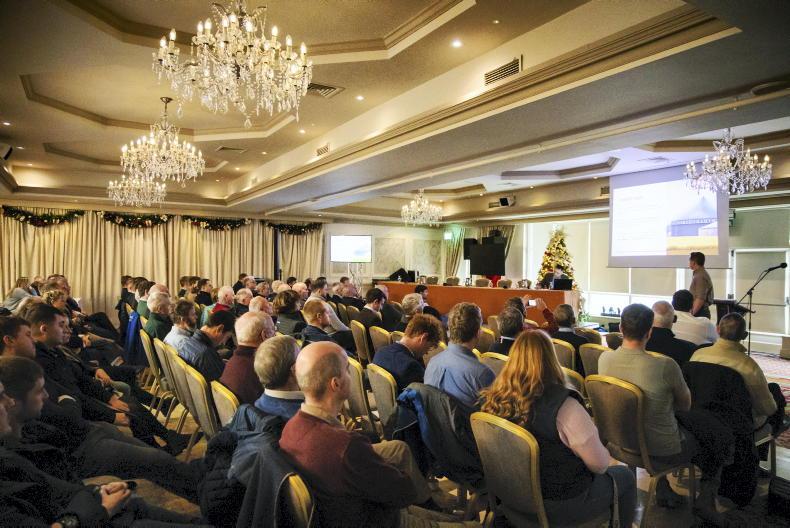I was over at the carrot and onion conference in the UK this week (yes, it’s as glamourous as it sounds) and there were a few take-home themes.
A range of speakers from Ocado online supermarket to Nationwide wholesalers added their views on the UK market and I’m not sure I would be overly enthused if I was a UK grower.
Aside from one speaker openly stating a preference for buying from the continent, there was a total lack of connection with the role of these organisations and the growers who supply them that were sat in the room.
It’s the consumer that decides what food they buy and where its produced
Sitting and watching it all go by from the back row of the auditorium, it really struck a chord how little regard the food chain in the UK has for the people who grow the food.
It’s not as if these guys are looking for en mass back slapping but just a moderate reference to the source of the produce I’m sure would have been appreciated.
The other major stand-out feature was the good old cliché, we must produce more from less. It’s like honey in the ears of any man who spends his life knee deep in crops.
It’s a nice theory; more from les, but people seem to forget we operate in the EU. We now have a situation where yet more of the chemistry is being revoked, and is possibly the kingmaker of them all, glyphosate.
What is the alternative?
At this stage, carrot growers in the UK and Ireland are weighing up what level of crop stunting is acceptable in order to control weeds.
To put that plainly, the only options left for growers is to knock yield off their crops with less-selective chemistry in order to prevent an even greater issue where weeds overrun a crop.
Growing more with less looks good on a presentation but in the real world, doesn’t stack. The low-hanging fruit in the carrot and onion world has been picked as regards yield jumps and what’s left now is yield increases based on extraordinary capital expenditure on equipment that produce marginal returns.
This is dramatically increasing the risk profile of producing these crops all the while people with nice designer socks suggest we grow more with less.
Giving the people what they want?
This all ties in to the growing gap between consumers’ perception of where their food comes from and price points.
People want cheap-as-chips food – actually chips are dramatically more expensive than most fresh produce. I’ll go again. People want food almost for free while also wanting the source of the food to be the most inefficient means of production on a 10ac farm with a team of sofa surfers out harvesting their vegetables while listening to Bob Marley. It’s not possible.
At the end of the day, the speakers at the event are service providers for the end consumer and as such are representatives of the public.
While they may sway opinion a certain amount, it’s the consumer that decides what food they buy and where it’s produced.
The UK has an Open Farm Sunday event running nationwide, where the public is invited onto farms to see how their food is produced and to put them at ease with the process.
I actually think we have a more food-aware population in Ireland that would engage better with something like this but it really needs to happen before the gap between we as food producers and our food consuming customers widens further.
Read more
US study clears glyphosate cancer link
More from Julian Hughes
I was over at the carrot and onion conference in the UK this week (yes, it’s as glamourous as it sounds) and there were a few take-home themes.
A range of speakers from Ocado online supermarket to Nationwide wholesalers added their views on the UK market and I’m not sure I would be overly enthused if I was a UK grower.
Aside from one speaker openly stating a preference for buying from the continent, there was a total lack of connection with the role of these organisations and the growers who supply them that were sat in the room.
It’s the consumer that decides what food they buy and where its produced
Sitting and watching it all go by from the back row of the auditorium, it really struck a chord how little regard the food chain in the UK has for the people who grow the food.
It’s not as if these guys are looking for en mass back slapping but just a moderate reference to the source of the produce I’m sure would have been appreciated.
The other major stand-out feature was the good old cliché, we must produce more from less. It’s like honey in the ears of any man who spends his life knee deep in crops.
It’s a nice theory; more from les, but people seem to forget we operate in the EU. We now have a situation where yet more of the chemistry is being revoked, and is possibly the kingmaker of them all, glyphosate.
What is the alternative?
At this stage, carrot growers in the UK and Ireland are weighing up what level of crop stunting is acceptable in order to control weeds.
To put that plainly, the only options left for growers is to knock yield off their crops with less-selective chemistry in order to prevent an even greater issue where weeds overrun a crop.
Growing more with less looks good on a presentation but in the real world, doesn’t stack. The low-hanging fruit in the carrot and onion world has been picked as regards yield jumps and what’s left now is yield increases based on extraordinary capital expenditure on equipment that produce marginal returns.
This is dramatically increasing the risk profile of producing these crops all the while people with nice designer socks suggest we grow more with less.
Giving the people what they want?
This all ties in to the growing gap between consumers’ perception of where their food comes from and price points.
People want cheap-as-chips food – actually chips are dramatically more expensive than most fresh produce. I’ll go again. People want food almost for free while also wanting the source of the food to be the most inefficient means of production on a 10ac farm with a team of sofa surfers out harvesting their vegetables while listening to Bob Marley. It’s not possible.
At the end of the day, the speakers at the event are service providers for the end consumer and as such are representatives of the public.
While they may sway opinion a certain amount, it’s the consumer that decides what food they buy and where it’s produced.
The UK has an Open Farm Sunday event running nationwide, where the public is invited onto farms to see how their food is produced and to put them at ease with the process.
I actually think we have a more food-aware population in Ireland that would engage better with something like this but it really needs to happen before the gap between we as food producers and our food consuming customers widens further.
Read more
US study clears glyphosate cancer link
More from Julian Hughes










SHARING OPTIONS